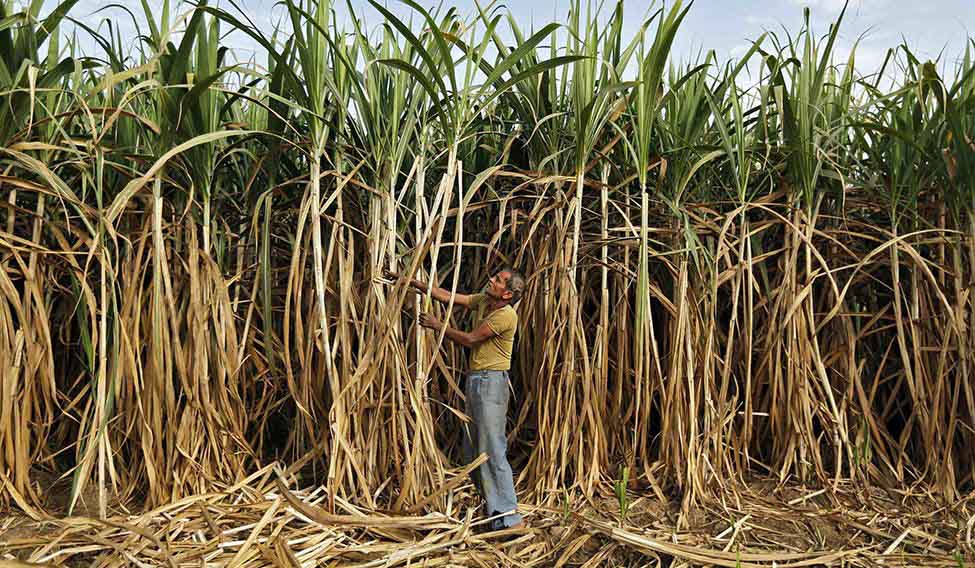Come June 1, Maharashtra will be witnessing something unprecedented. Almost all farmers organisations across different districts in the state have come together to begin an indefinite strike from June 1 until all their demands are met.
“Mahatma Phule had called for a farmer's strike way back in 1830 in Junnar and Gandhiji did a Satyagraha for Indigo farmers in Champaran in 1917. We are going to strike in 2017, exactly 100 years after Gandhiji did,” said Vijay Jawandhia, President of Kisan Coordination Committee.
Raghunath Patil, President of Shetkari Sanghatana, said, “In the first phase starting from June 1, we will stop the complete supply of milk, vegetables and fruits. No farmer will take it to any wholesale or retail market.” He added Raju Shetty of Swabhimani Shetkari Sanghatana will also be backing the strike with full active support.
According to him, farmers are demanding for the implementation of recommendations of the Swaminathan Commission, realistic calculation of production costs, complete loan waiver, loans against land as per the government's Ready Reckoner rates and lift on export bans.
Farmers from Pune, Satara, Sangli, Kolhapur, Solapur districts of Western Maharashtra; from Nasik, Ahmednagar, Dhule and Nandurbar districts of north Maharashtra; from Aurangabad, Jalna, Parbhani, Latur, Hingoli and Osmanabad districts of Marathwada region and farmers from Amaravati, Yavatmal, Nagpur, Wardha and Bhandara districts of Vidarbha will actively participate in the strike.
“Farmers from the rain-fed districts of Vidarbha and Marathwada and from the irrigated districts of north Maharashtra and Western Maharashtra will strike as every crop-grower is suffering because of the false promises and insensitivity of the government,” said Jawandhia. He added the Centre, in order to maintain low levels of inflation, imports food grains and pulses at zero per cent duty to keep domestic prices low. But domestic farmers suffer huge losses due to falling prices.
“That is precisely why we demand subsidies for higher prices. Instead of spending dollars on imports, government should subsidise domestic prices,” he said.
Sugar cane yield is set to witness a drop this year since the farmers have not cultivated the crop due to low prices. “The government kept the FRP (fair and remunerative price) at Rs 2,200 and Rs 2,300 a tonne in 2015 and 2016, respectively. On the other hand, farmers in UP and Gujarat were given Rs 3,700 and Rs 4,400 a tonne,” said Patil. He complained that the urban middle class is completely insensitive towards the scary situation of farmers. "Farmers won't get their due justice until the urban middle class feels the pinch," he said.





